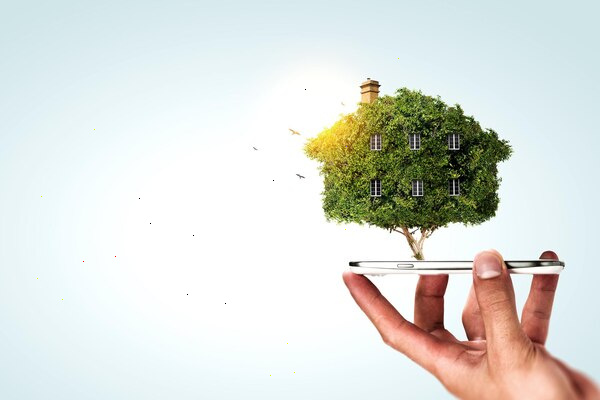Sustainable Water Resource Management in the UAE

The United Arab Emirates (UAE), known for its arid climate and minimal natural freshwater resources, faces significant challenges in water resource management. With one of the world's highest per capita water consumption rates, the UAE's government and stakeholders are increasingly focusing on sustainable solutions to ensure long-term water security. This article explores the various strategies and initiatives the UAE is adopting to manage its water resources sustainably.
Desalination Technologies
Desalination is a cornerstone of the UAE's water strategy, providing the majority of its potable water. The country has invested heavily in state-of-the-art desalination facilities that utilize reverse osmosis (RO) and multi-stage flash distillation (MSF) technologies. Moreover, the UAE is pioneering innovations in energy-efficient desalination processes. The integration of renewable energy sources, such as solar power, to run these facilities is gradually becoming a reality, helping to reduce the overall carbon footprint of desalination operations.
Water Recycling and Reuse
Another critical element of the UAE's water management strategy is the extensive recycling and reuse of wastewater. The country has established advanced wastewater treatment plants that produce high-quality treated water suitable for various non-potable applications. This treated water is increasingly being used for irrigation, industrial processes, and even landscaping, thereby reducing the reliance on desalinated water for such purposes. Encouragingly, the UAE aims to achieve 100% reuse of treated wastewater by 2030, a goal that is well within reach given current progress.
Agricultural Efficiency
The agriculture sector, though relatively small, consumes a disproportionate amount of the UAE's water resources. As a result, there has been a concerted effort to promote water-efficient agricultural practices. These include the adoption of advanced irrigation techniques like drip and subsurface irrigation, which significantly reduce water wastage. Additionally, the introduction of drought-resistant crop varieties and controlled-environment agriculture, such as vertical farming and hydroponics, have been pivotal in optimizing water use in agriculture.
Public Awareness Campaigns
Public awareness and engagement are vital for the success of any sustainability initiative. Recognizing this, the UAE has launched several campaigns aimed at educating residents about the importance of water conservation. Programs like the "Together for Sustainability" initiative and regular outreach by the Dubai Electricity and Water Authority (DEWA) focus on encouraging water-saving behaviors in homes, schools, and businesses. These efforts are complemented by incentivizing the use of water-efficient appliances and fixtures through rebates and subsidies.
Policy and Regulation
Robust policy frameworks and stringent regulations form the backbone of the UAE's water management strategy. The government has implemented comprehensive laws and policies that govern water usage, pricing, and conservation. Key among these is the UAE Water Security Strategy 2036, which outlines a clear roadmap to achieving sustainable water resource management. This includes the establishment of water reservoirs with substantial storage capacities to ensure supply during emergencies and the implementation of strict water use regulations across various sectors.
Innovation and Research
The UAE is also investing significantly in research and development to find new and innovative solutions to its water challenges. Institutions like the Masdar Institute of Science and Technology and the International Center for Biosaline Agriculture (ICBA) are at the forefront of this drive. Their research spans a wide range of topics, from improving desalination efficiency and water recycling techniques to developing new sustainable agricultural practices suitable for arid climates.
Conclusion
Sustainable water resource management is crucial for the future of the UAE. Through a combination of advanced technologies, efficient agricultural practices, public awareness, robust policy frameworks, and ongoing research, the UAE is making significant strides in addressing its water challenges. While the journey toward complete water sustainability is ongoing, the strategies and initiatives in place today lay a strong foundation for a resilient and secure water future.